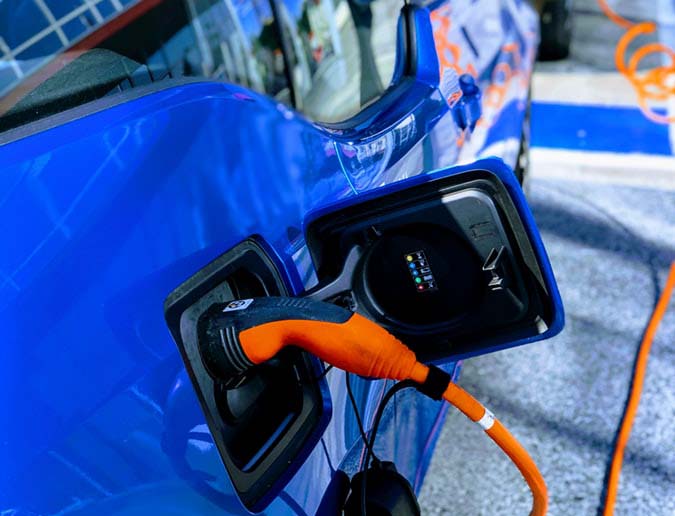Electric vehicles are growing in popularity all the time. One major reason is, of course, the environmental benefits – particularly in crowded cities, where air pollution is growing at an alarming rate. But, for many people, they also offer more reliable, affordable, and pleasant motoring. The popularity of electric cars doesn’t look like it’s going to slow down any time soon – so what do you need to know about charging them?
Charging locations
Your electric car is fuelled by connecting it to a charging point, allowing the battery to be charged. There is all manner of charging point types and connectors, and many manufacturers are still using individual proprietary connectors – so it might take a little getting used to.
When you’ve understood all you can about the different types of chargers it’s time to think about where you’re going to charge your electric car. You have four options available to you.
- Home – The majority of electric car charging is going to take place at home. You can have a charging station installed in your property, allowing you to charge it whenever you like.
- Work – As electric cars become more popular, employers are beginning to offer employees the ability to charge their cars while they’re at work. Some charge for the privilege, others don’t.
- En-route – Depending on where you’re heading, there may be charging stations located on your route. They’re often found along the main motorway networks of the UK, and are ever-expanding.
- Destination – Many businesses are beginning to offer charging points for customers to use. Shops are starting to offer charging for customers, for example, as are hotels and bed & breakfasts.
Where’s best to charge?
The best place to charge your electric vehicle depends on the way you use it and the mileage you’re covering. For example, for most of your daily driving, you’ll likely find it most convenient to charge your vehicle at home so you never have to compete for a charging bay with other drivers. If you use your electric car primarily to commute, it might be more affordable for you to charge the car while you’re at work if your employer allows it.
En-route charging is going to be your best bet if you’re going on a road trip or a longer journey, though destination charging might be more convenient if your travel distance is safely within your car’s maximum range. It ultimately depends on you and your needs.
How much does it cost?
There is no hard and fast rule when it comes to electric car costs – just like with ICE cars, different electric cars have different fuelling requirements. For example, it will cost you more to fully charge a Tesla P100D than a Renault Zoe.
Many charging points around the UK are operated by private companies, and you can register with them to enjoy lower costs. All points have a guest payment option, but this can be more expensive. The time you choose to charge your car matters too – for example, charging it through the night will cost much less because you’re charging it off-peak.
Ultimately the cost to charge your electric car will depend on the way you use it, and how you choose to charge it.

